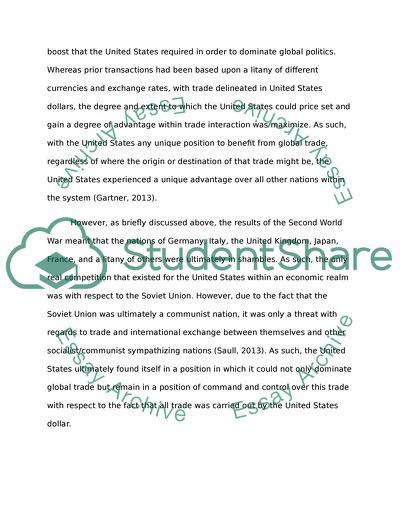Cite this document
(“World War II through the 1970s Research Paper Example | Topics and Well Written Essays - 1250 words”, n.d.)
World War II through the 1970s Research Paper Example | Topics and Well Written Essays - 1250 words. Retrieved from https://studentshare.org/history/1484811-ypworld-war-ii-through-the
World War II through the 1970s Research Paper Example | Topics and Well Written Essays - 1250 words. Retrieved from https://studentshare.org/history/1484811-ypworld-war-ii-through-the
(World War II through the 1970s Research Paper Example | Topics and Well Written Essays - 1250 Words)
World War II through the 1970s Research Paper Example | Topics and Well Written Essays - 1250 Words. https://studentshare.org/history/1484811-ypworld-war-ii-through-the.
World War II through the 1970s Research Paper Example | Topics and Well Written Essays - 1250 Words. https://studentshare.org/history/1484811-ypworld-war-ii-through-the.
“World War II through the 1970s Research Paper Example | Topics and Well Written Essays - 1250 Words”, n.d. https://studentshare.org/history/1484811-ypworld-war-ii-through-the.


